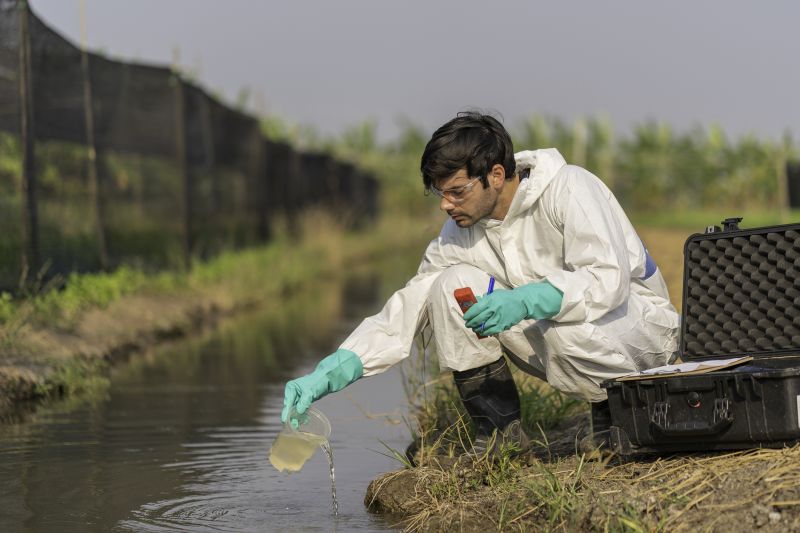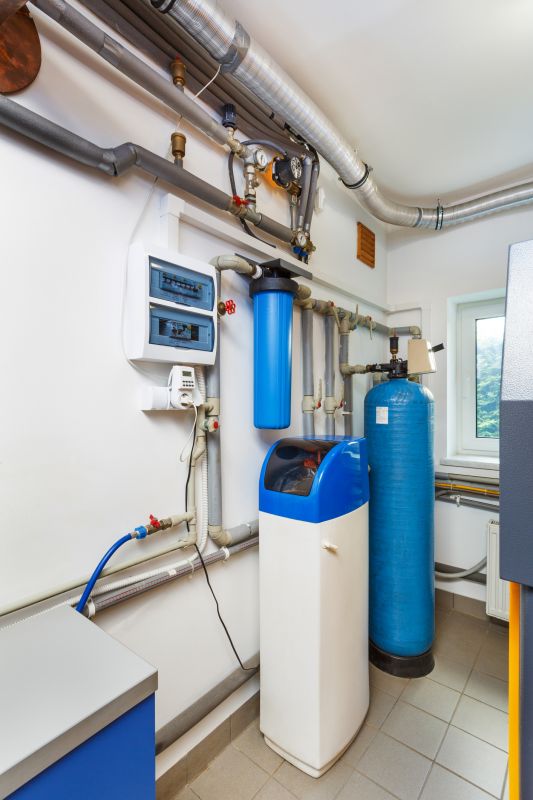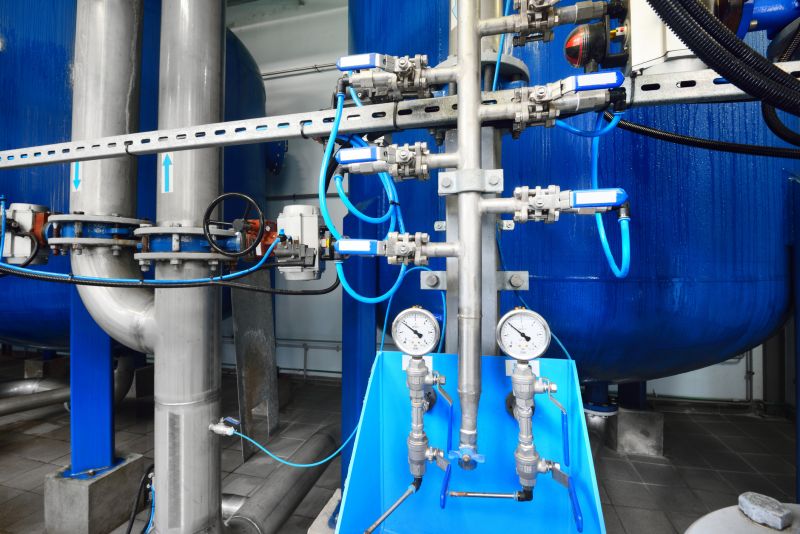Water Quality Testing Services Overview
Learn about Water Quality Testing services and compare local contractors who provide these solutions.
- - Residential homeowners seeking to ensure their drinking water is safe and high-quality.
- - Property managers or facility owners needing comprehensive water testing for commercial or multi-unit buildings.
- - Individuals interested in comparing local water testing providers to find reliable service options.



Water quality testing services are essential for property owners who want to ensure their water supply is safe and meets quality standards. Local contractors specializing in water testing can perform a variety of assessments, including checking for contaminants, minerals, and other substances that may affect water safety and taste. These professionals typically handle the collection of water samples, conduct laboratory analysis, and provide insights into the quality of the water, helping property owners identify potential issues and determine if further treatment or maintenance is needed.
People often seek out water testing services when experiencing changes in water color, odor, or taste, or when installing new wells or filtration systems. Local service providers in this field offer the expertise needed to evaluate water quality accurately and efficiently. Property owners can expect to connect with experienced professionals who understand the local water conditions and can recommend appropriate solutions based on testing results.
This guide provides helpful information to understand water quality testing services and what to consider when choosing a local provider. It assists in comparing different service options and understanding the basics of the work involved. By reviewing this information, visitors can better prepare to connect with qualified local contractors for their water testing needs.






